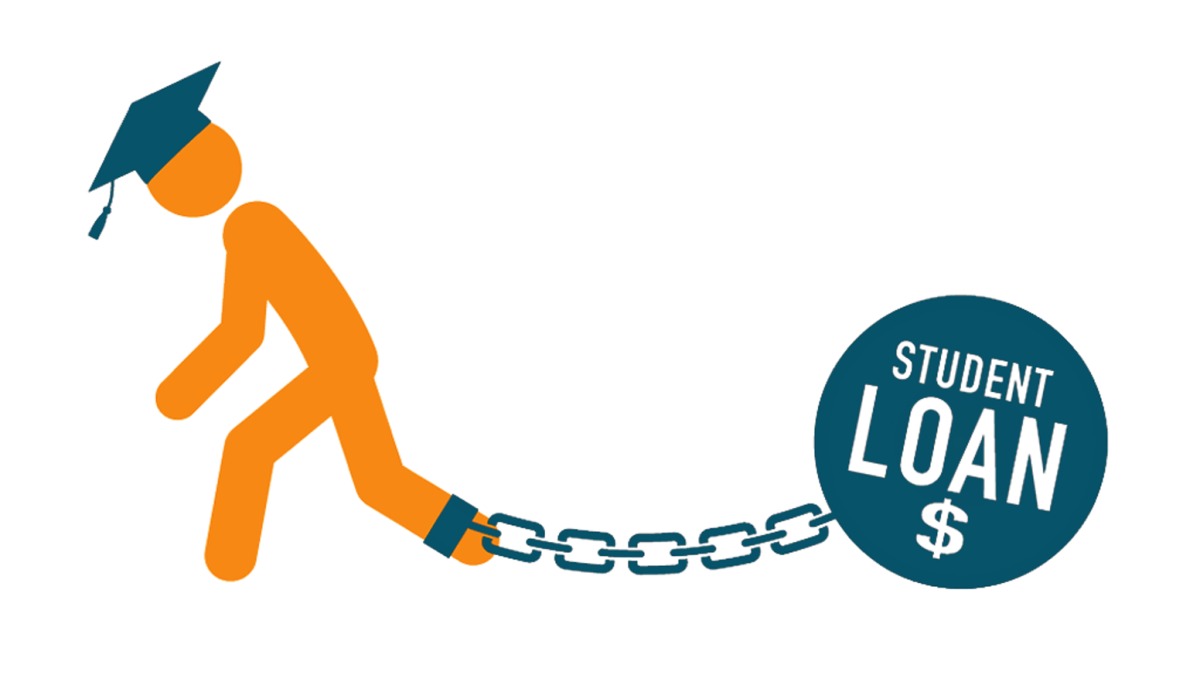
Whether your income comes from a job, financial aid refund or some other source, budgeting is important while navigating your collegiate career. Keeping track of how much you make and what you are spending your money on will help you stay on top of your finances even when money is tight.
The Sam Houston State University Student Money Management Center helps students become financially literate and is a great spot for getting more information about budgeting and saving money.
According to the most recent figures from the Project on Student Debt, seven out of 10 college graduates leave school with loan debt. Despite their qualifications, grads often have to settle for lower-paying, lower-skill jobs just so they can start paying back their college loans. As a result, graduates carrying college debt often delay buying new cars or homes.
ProgressNow found that students facing loan repayments were 36% less likely to purchase a house and were less likely to take out car loans. Other research has found students with unpaid loan debt have lower credit scores and tend to be more likely to be living with their parents.
Despite the financial burden, people are still going to college in hopes of receiving new job opportunities and higher wages once they graduate.
College Board released a study in 2013 that showed college graduates have a nearly 60% higher median yearly salary compared to high school graduates. The employment rate for college graduates between the ages of 25 and 64 was 15% higher than high school graduates of the same age.
In spite of the financial drawbacks, higher education makes people more employable. In turn, once they find jobs in their chosen field, college graduates make more money— increasing their chances of being financially independent.
The reality is many students will have student loan debt after graduating. Most people pay off their loans for years after graduating. From keeping you from qualifying for a car loan or increasing your mortgage to preventing you from saving for your retirement, failing to repay your loans can really hurt you.
To combat money troubles, develop good budgeting skills in college and check into income-based debt payments or loan forgiveness.









